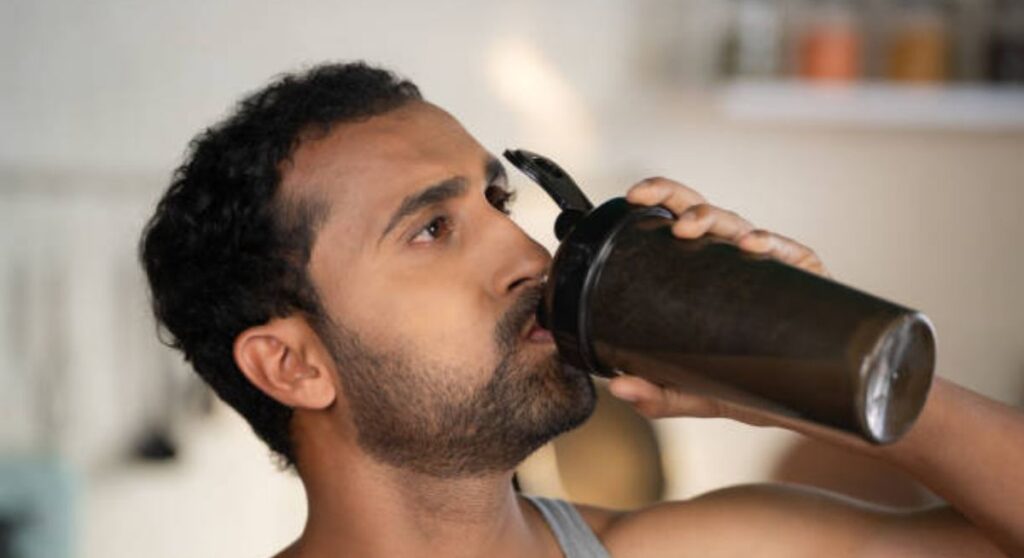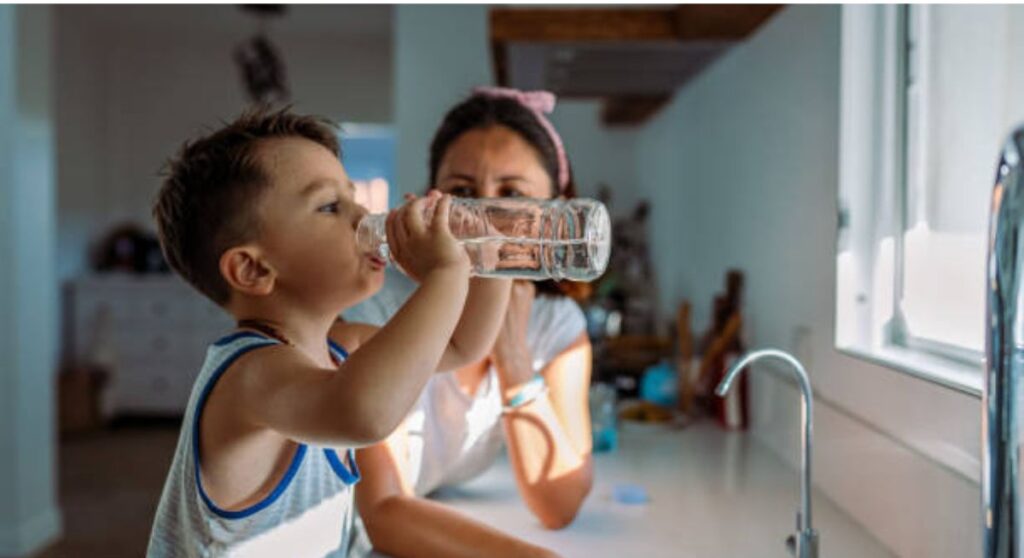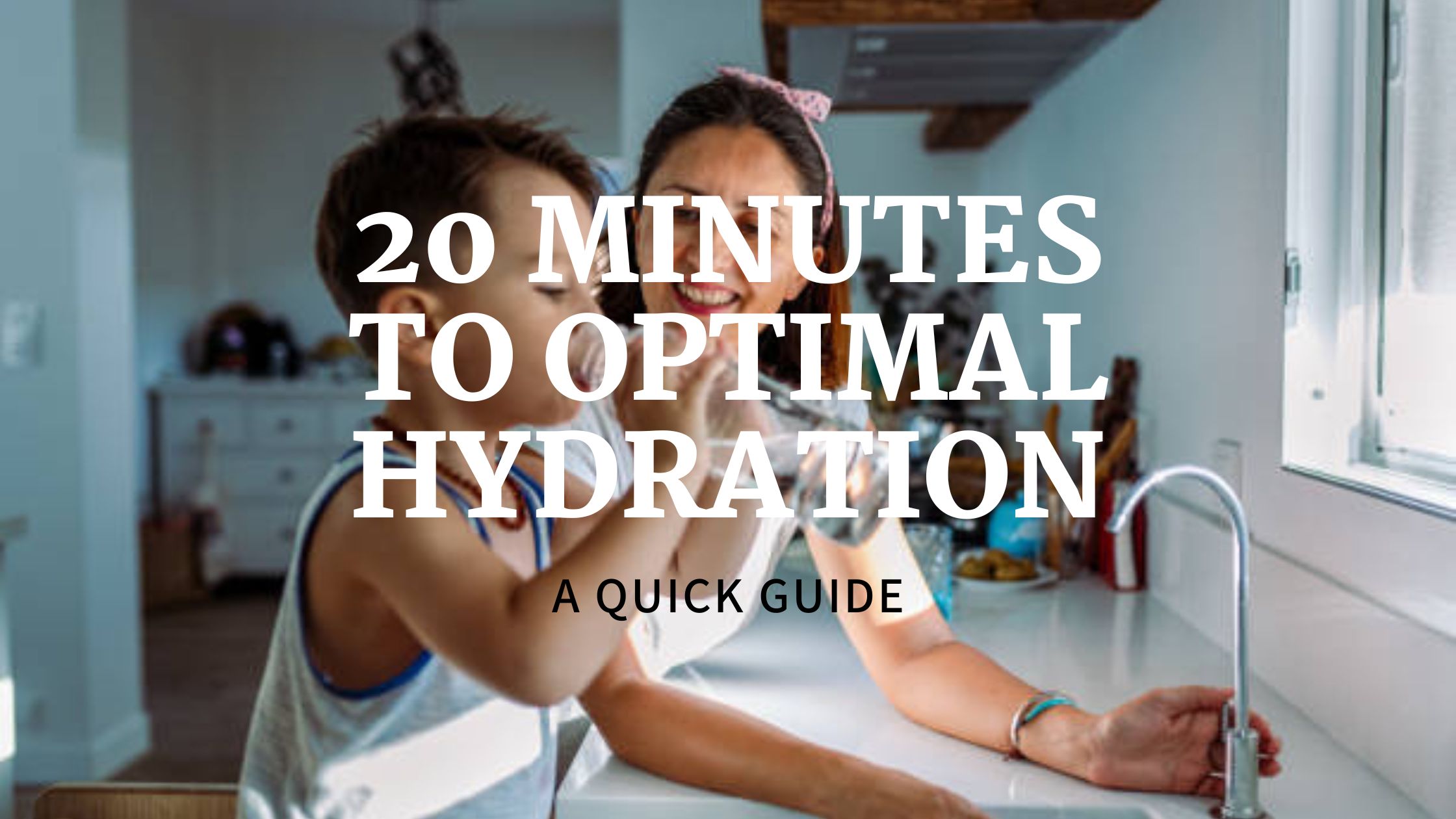Introduction
20 Minutes to Optimal Hydration: A Quick Guide
Proper hydration is essential for athletes of all levels. It plays a crucial role in maintaining optimal performance, preventing fatigue, and reducing the risk of heat-related illnesses. While many athletes understand the importance of hydration, they may not always know how to achieve and maintain optimal hydration levels. This article will provide a quick guide to hydration, outlining the key steps athletes can take to ensure they are well-hydrated in just 20 minutes..
20 Minutes to Optimal Hydration

Understanding Hydration Needs
Before diving into the hydration strategies, it’s essential to understand your individual hydration needs. Factors such as body weight, exercise intensity, environmental conditions, and personal sweat rate can influence how much fluid you need to consume. Generally, athletes should aim to replace the fluids lost through sweat during exercise.
Pre-Workout Hydration
- Hydrate the night before: Start your hydration routine the day before your workout by drinking plenty of water. Aim to consume enough fluids to maintain a clear urine color.
- Pre-workout sip: About 2 hours before your workout, drink approximately 16-24 ounces of water. This will help ensure you start your exercise session well-hydrated.
During Workout Hydration
- Listen to your body: Pay attention to your thirst signals. Drink water as needed throughout your workout.
- Sip regularly: Aim to consume 7-10 ounces of water every 10-20 minutes during moderate-intensity exercise. For more intense workouts or hot environments, you may need to drink more.
- Consider sports drinks: If your workout is long or intense, a sports drink can help replace electrolytes lost through sweat. However, for shorter workouts, water is often sufficient.
Post-Workout Hydration
- Replenish fluids: After your workout, drink enough water to replace the fluids lost through sweat. Aim to consume at least 16 ounces of water within the first hour post-workout.
- Monitor urine color: A pale yellow or clear urine color is a good indicator of adequate hydration.
Additional Tips
- Avoid excessive caffeine and alcohol: These beverages can contribute to dehydration.
- Mind your electrolytes: If you’re sweating heavily, consider consuming electrolytes to maintain balance.
- Consider your environment: In hot or humid conditions, you may need to drink more water.
- Personalize your hydration strategy: Experiment to find what works best for you.
Why is rehydration important for atheletes?
Rehydration is crucial for athletes for several reasons:

- Optimal Performance: Adequate hydration ensures that the body can function at its peak. It helps maintain blood volume, regulates body temperature, and aids in nutrient delivery to muscles. Dehydration can lead to fatigue, decreased endurance, and reduced power output.
- Muscle Function: Water is essential for muscle contraction and recovery. Proper hydration helps prevent muscle cramps, soreness, and fatigue.
- Cognition: Hydration affects cognitive function, including focus, concentration, and reaction time. Dehydration can impair decision-making and coordination.
- Temperature Regulation: Sweat is the body’s primary mechanism for cooling down during exercise. Adequate hydration is necessary to replace the fluids lost through sweat and prevent overheating.
- Waste Removal: Water helps flush out waste products from the body, including lactic acid, which can build up in muscles during intense exercise.
In summary, rehydration is vital for athletes to maintain optimal performance, prevent injuries, and support overall health.
How much water do athelete drink a day?
The amount of water an athlete should drink each day depends on several factors, including:
- Intensity and duration of workouts: Athletes who engage in intense or prolonged exercise will need to consume more water to replace fluids lost through sweat.
- Climate: In hot and humid climates, athletes will sweat more and require more hydration.
- Individual factors: Body size, weight, and metabolic rate can also influence hydration needs.
While there’s no one-size-fits-all answer, a general guideline for athletes is to aim for at least 8-12 ounces of water per hour of exercise. It’s important to listen to your body and adjust your hydration intake as needed.
Additionally, it’s recommended to drink water throughout the day, even when not actively exercising. This helps maintain overall hydration levels and supports optimal performance.
Remember: Always consult with a healthcare professional or sports nutritionist for personalized advice on hydration.
What are the 4 goals of hydration during sports?
The four primary goals of hydration during sports are:

- Maintain Optimal Performance: Adequate hydration ensures that the body can function at its peak. It helps maintain blood volume, regulates body temperature, and aids in nutrient delivery to muscles. Dehydration can lead to fatigue, decreased endurance, and reduced power output.
- Prevent Dehydration-Related Illnesses: Dehydration can lead to a variety of health issues, including heat exhaustion, heat stroke, and muscle cramps. Proper hydration helps prevent these conditions.
- Support Muscle Function: Water is essential for muscle contraction and recovery. Proper hydration helps prevent muscle cramps, soreness, and fatigue.
- Aid in Waste Removal: Water helps flush out waste products from the body, including lactic acid, which can build up in muscles during intense exercise.
By meeting these four goals, athletes can ensure that they are adequately hydrated and able to perform at their best.
Conclusion
Staying hydrated is crucial for maintaining overall health and athletic performance. By following these simple tips, you can ensure that you’re adequately hydrated in just 20 minutes. Remember, it’s important to listen to your body and adjust your hydration intake accordingly.
References
- American College of Sports Medicine (ACSM). (2022). Guidelines for Fluid and Electrolyte Intake During Exercise.
- Gatorade Sports Science Institute. (2023). Hydration: A Guide for Athletes.
- Mayo Clinic. (2023). Dehydration.

